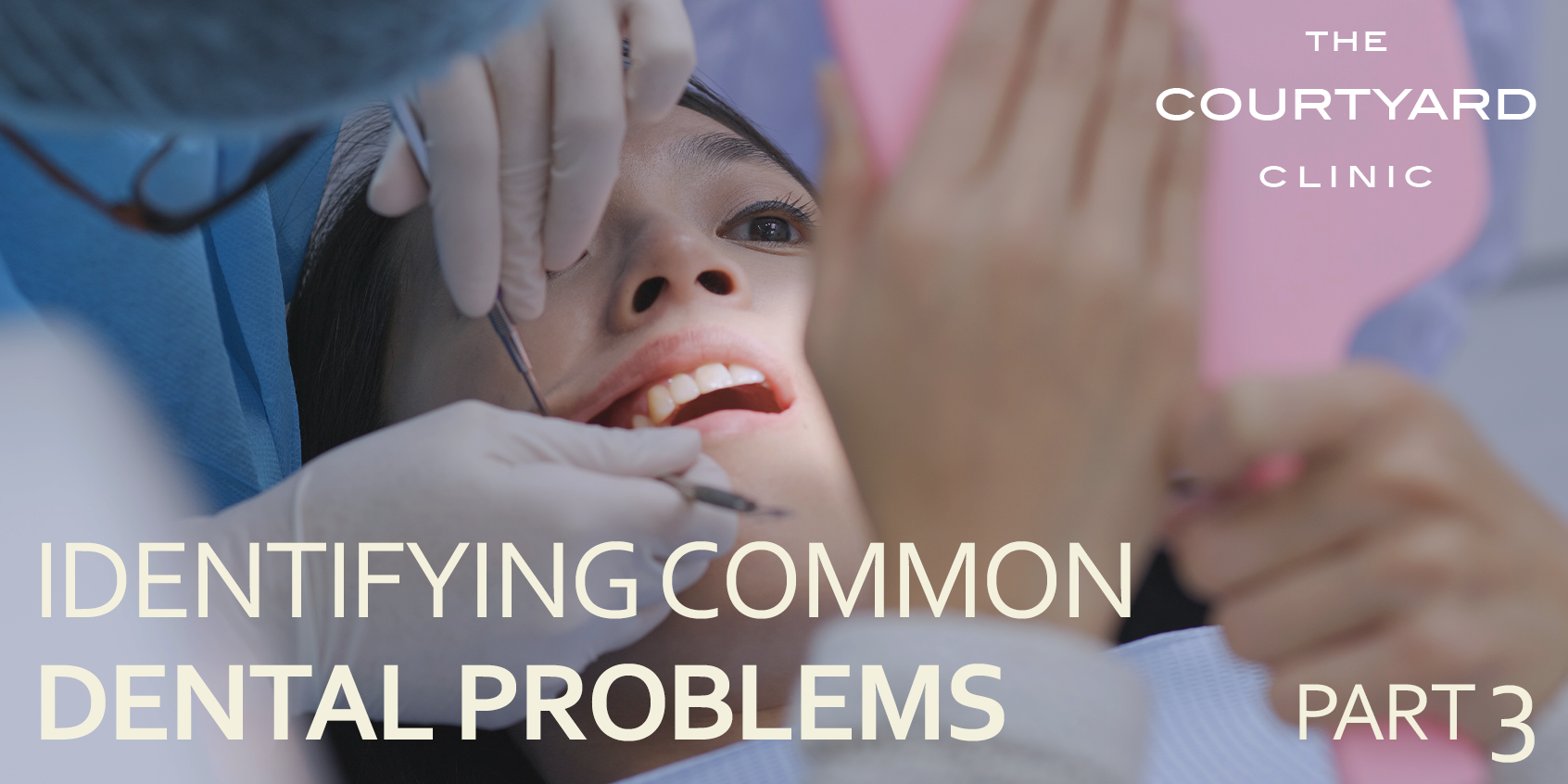Mouth Sores
Several types of mouth sores can be bothersome. They’re usually nothing to worry about unless they last more than two weeks.
Common mouth sores include:
- Canker sores (aphthous ulcers): These occur inside the mouth and not on the lips. They aren’t contagious and can be triggered by many different causes.
- Fever blisters/cold sores: Caused by the Herpes simplex virus, they occur on the edge of the outer lips. They’re contagious. They come and go but can’t be cured.
- Thrush (oral candidiasis): Yeast infection sores in the mouth can occur in infants, denture wearers, people with diabetes, and people treated for cancer.
Tooth Erosion
- Tooth erosion is the loss of tooth structure. It’s caused by acid attacking the enamel.
- Symptoms can range from sensitivity to more severe problems such as cracking. Tooth erosion is common but easily preventable with proper oral care.
Tooth Sensitivity
Tooth sensitivity is a common problem. It affects millions of people. Sensitivity involves pain or discomfort from:
- Sweet
- Cold air
- Hot drinks
- Cold drinks
- Ice cream
Sensitive teeth can make it painful to brush and floss. But sensitive teeth can be treated. So, talk to your dentist about it. Common causes of sensitivity are from erosion, decay, dental abscess, cracked teeth or gum disease. All discussed previously in our Courtyard Clinic blog.
Sensitive teeth need to be treated by a dentist. Otherwise, you risk losing a tooth or getting an infection in your jawbone.
If you suddenly develop tooth sensitivity, make a dentist appointment. They can see if you
have a problem that needs to be treated.
Jaw Pain (TMJ)
Around one in 10 people in the UK have a problem with their jaw joint, also known as TMJ disorder. These conditions can cause pain and affect how well your jaw joint works.
Women tend to develop jaw conditions more often than men. You can get these problems with your jaw at any age, but most people have them when they’re between 20 and 40.
The jaw joint allows your jawbone to move from side to side, backwards and forwards, and to open and close your mouth. It’s one of the most complicated joints in your body and has several muscles and ligaments allowing different movements. Because it’s so complicated, there are several different problems you may have with your jaw joint.
Your symptoms may include:
- Pain around your jaw, cheek, ear, neck, shoulders or back
- Restricted movement, making it difficult to chew – you might feel as if you have a locked jaw, or you may not be able to fully close your mouth
- Popping, grating or clicking sounds, when you move your jaw
- Headaches
- Your bite (when you put your teeth together) not feeling right
Come visit us at The Clinic to discuss our solutions for calming a painful jaw.
Unattractive Smile
An unattractive smile isn’t technically a “dental problem.” But it is a major reason some people go to the dentist.
Not liking your smile can be hard on your self-esteem. Luckily, with today’s tools and techniques, it’s often fixable.
Cosmetic changes may include:
- Teeth whitening
- Dental implants
- Orthodontics (e.g., braces, retainers)
- Composite bonding or crowns and veneers
- Other cosmetic dental work
If you have any of these dental concerns, please do contact us at, The Courtyard Clinic. These are only some of the issues that can affect your dental health, so seeing a dentist and hygienist regularly is one of the most important things you can do, especially if you want to prevent any dental problems.
Prevention is better than cure.


